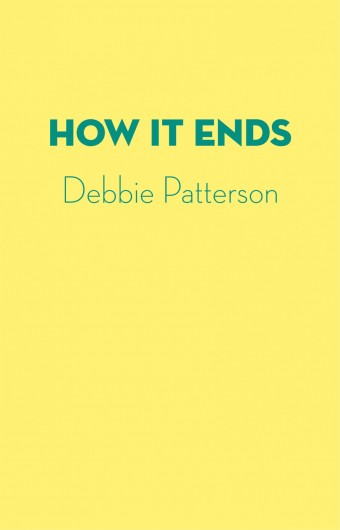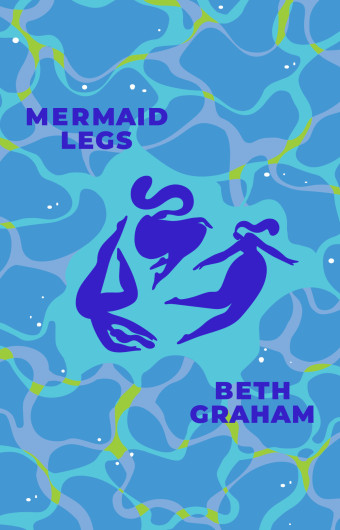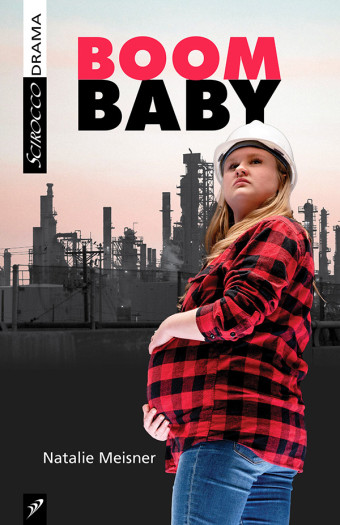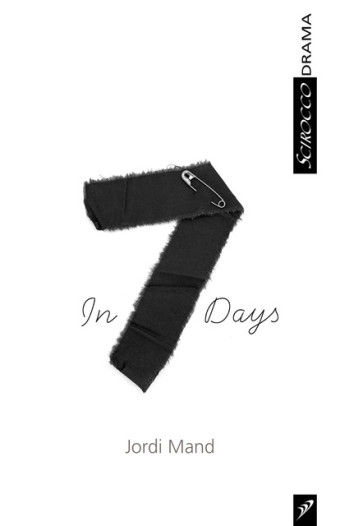Winnipeg-based actor, director, and playwright Debbie Patterson’s play How It Ends explores end-of-life choices and the legalization of medical assistance in dying. “It’s the thing we all want to know but don’t want to know: the circumstances under which we will die,” she says.

- How It Ends
- Debbie Patterson
- Playwrights Canada Press
- $18.95 Paperback, 72 pages
- ISBN: 978-03-69104-00-7
“With this play, I really wanted to help the audience begin to contemplate their own deaths. I really believe there’s a lot of growth and transformation possible through the contemplation of one’s own mortality. It seems a shame to wait until the 11th hour to begin that growth and transformation.”
That audience contemplation was one of the major challenges.
“We had to make it safe, appealing even,” says Patterson.
She solved that problem through the structure of the play, which begins in a traditional manner with two characters having a conversation on a boat, and goes on to become a somewhat surrealistic journey with three extraordinary settings.
“I wanted to begin with the ordered formality of a proscenium theatre. It’s familiar, it’s safe, it’s comfortable. The audience can be anonymous; they know what to expect,” says Patterson.
The promenade-style journey that follows is still controlled – all the audience has to do is follow the leader. In the cloud setting, anonymity disappears and audience members become active participants.
“But there’s still separation between the audience and the performers,” says Patterson. “In the final setting, there is no distinction between the performers and the audience. We are all mixed in together. We are one.”
This structure had a very deliberate purpose. “Through my research I discovered that one of the big challenges of dying well is learning to surrender control,” Patterson says. “I wanted to give the audience that feeling of moving from the formal ordered setting to a much less defined, amorphous configuration.

“Some people say we go to theatre to rehearse the hard things we’re going to face in life. So, this journey through the four states was an opportunity to rehearse losing control without feeling lost.”
Patterson’s research included interviews and a lot of reading.
“One of the most profound things I read in my research was ‘All life depends on the death of other beings. What is waiting for you to die in order to grow?’
“While on the surface this can seem a bit threatening, once we accept that death is inevitable, this idea provides a kind of comfort. It’s an affirmation that there is value, purpose, and meaning in every moment of our existence, including our deaths.”
Patterson, the founder of Sick + Twisted Theatre, looks at the issue of medical assistance in dying from the perspective of a person with a disability – a perspective quite different from the mainstream opinion.
“I know that many people see me in my wheelchair and believe that my life is not worth living,” she says. “But I know that my disability has transformed my life in many ways for the better. How tragic would it be for someone to opt out of life because they can’t imagine living well with diminishment!
“Public policy is a blunt instrument, but art is capable of exploring big ideas with complexity and nuance.”













